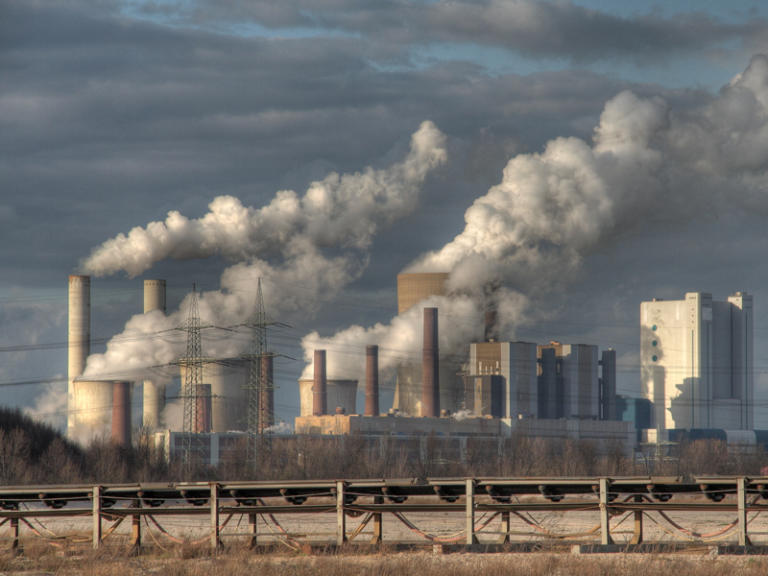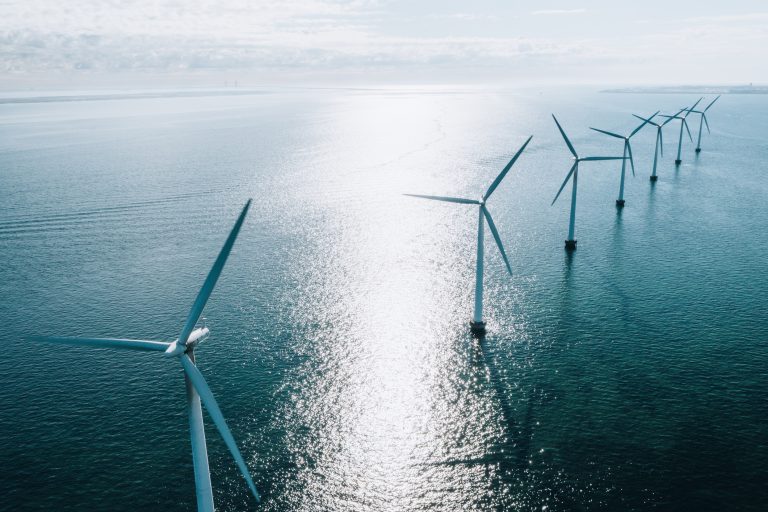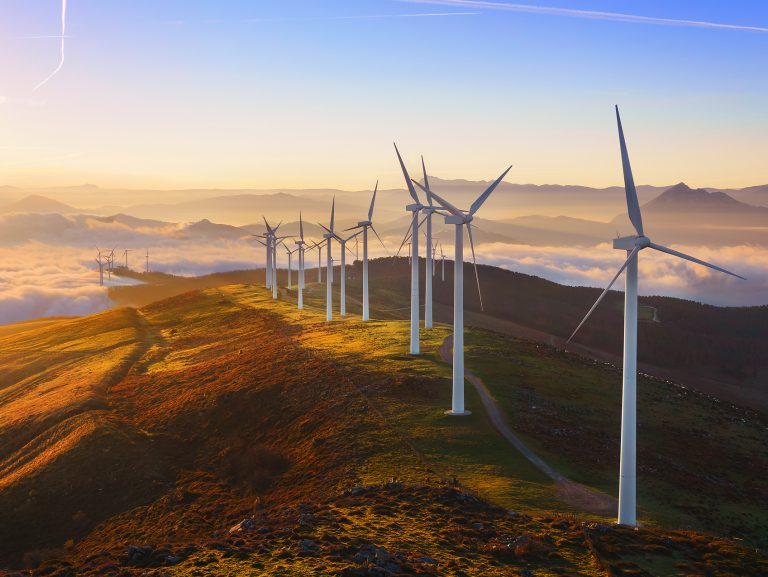
The destruction that Hurricane Helene brought to Western North Carolina in September, followed by this month's wildfires in Southern California, illustrates the financial risk that increasingly unpredictable weather can pose to homeowners and the insurance system.

We explore whether the actions of one regulator can affect the efficacy of another regulator. We investigate this idea in the context of environmental enforcement, which is a primary mechanism to combat industrial pollution and climate change. Specifically, we examine whether bank regulatory oversight affects the ability of environmental enforcement to reduce industrial emissions. We predict that bank regulatory oversight can constrain the availability of bank loans, hindering firms' ability to obtain financing for greener technologies and thus mitigating the efficacy of environmental enforcement.
Residential Property Assessed Clean Energy (PACE) loans allow homeowners to fund investments in green residential projects through property tax payments. We assess the housing market effects of PACE using novel loan-level data from Florida merged to property transaction, tax, and permitting records.
We study commitments to reduce emissions by firms subject to the European Union Emission Trading System (EU ETS), the world's largest cap-and-trade program. Commitments are associated with a drop in the number of carbon allowances surrendered, consistent with firms taking actions to reduce their emissions. However, firms subsequently increase their sales of allowances on the secondary market, transferring the right to pollute to others and potentially leaving aggregate emissions unchanged.

Feed supplements have recently been touted as an effective means to reducing methane emissions from livestock (e.g., cattle and sheep). In this paper, we examine the environmental implication of this innovation in a supply chain setting.
Ride-hailing services are an essential mode of transportation for millions worldwide. The rapid growth of this service has raised concerns about its environmental impact. To address these concerns, ride-hailing companies are adding or introducing environmentally friendly vehicles (e.g., electric vehicles) to their platforms. However, it is not clear how adding such "green" vehicles will affect the environment and customers. To our knowledge, this paper is the first to analyze this question theoretically.
With the increasing prevalence of renewable energy supply contracts, utility suppliers are investing in new green sources and developing allocation policies of those to satisfy renewable targets required by customers. However, the variability of customer demand and the intermittency in supply complicates the supplier's decision process. In this paper, we address these challenges by formulating the utility supplier's problem as a two-stage stochastic program.

We show that firms increase their pollution intensity as they become more financially distressed. This is particularly the case in high-environmental liability risk locations, akin to a risk-taking motive. We then rationalize these facts by calibrating a dynamic model featuring endogenous default, and dirty vs. clean investment.
In May 2023 the Environmental Protection Agency (EPA or the Agency) issued proposed emission standards (the Rules) for existing and new Fossil Fuel-Fired Electricity Generating units. Issued under EPA’s Section 111 authority wherein the Agency asserts the right under the Clean Air Act and subsequent court rulings to regulate greenhouse gas emissions, the new standards, if sustained, would accelerate retirements of coal plants. The Rules also impact utility plans to operate existing and to build new natural gas plants.
This paper studies a long-term power purchase agreement (PPA) between a firm and a new renewable energy generator.

Customer reviews are essential to online marketplaces. However, reviews typically vary; ratings of a product or service are rarely the same. In many service marketplaces, including the ones for solar panel installations, supply-side participants are active. That is, a seller must make a proposal to serve each customer. In such marketplaces, it is not clear how (or if) the dispersion in customer reviews affects the seller activity level and number of matches in the marketplace. Our paper examines this by considering both ratings and text reviews.




On Site at COP29: Hope and Hard Realities
UNC-Chapel Hill’s youth representative at this year’s UN climate conference offers her thoughts on key outcomes, the role of the private sector, and the power of diverse and cross-generational perspectives in finding solutions.